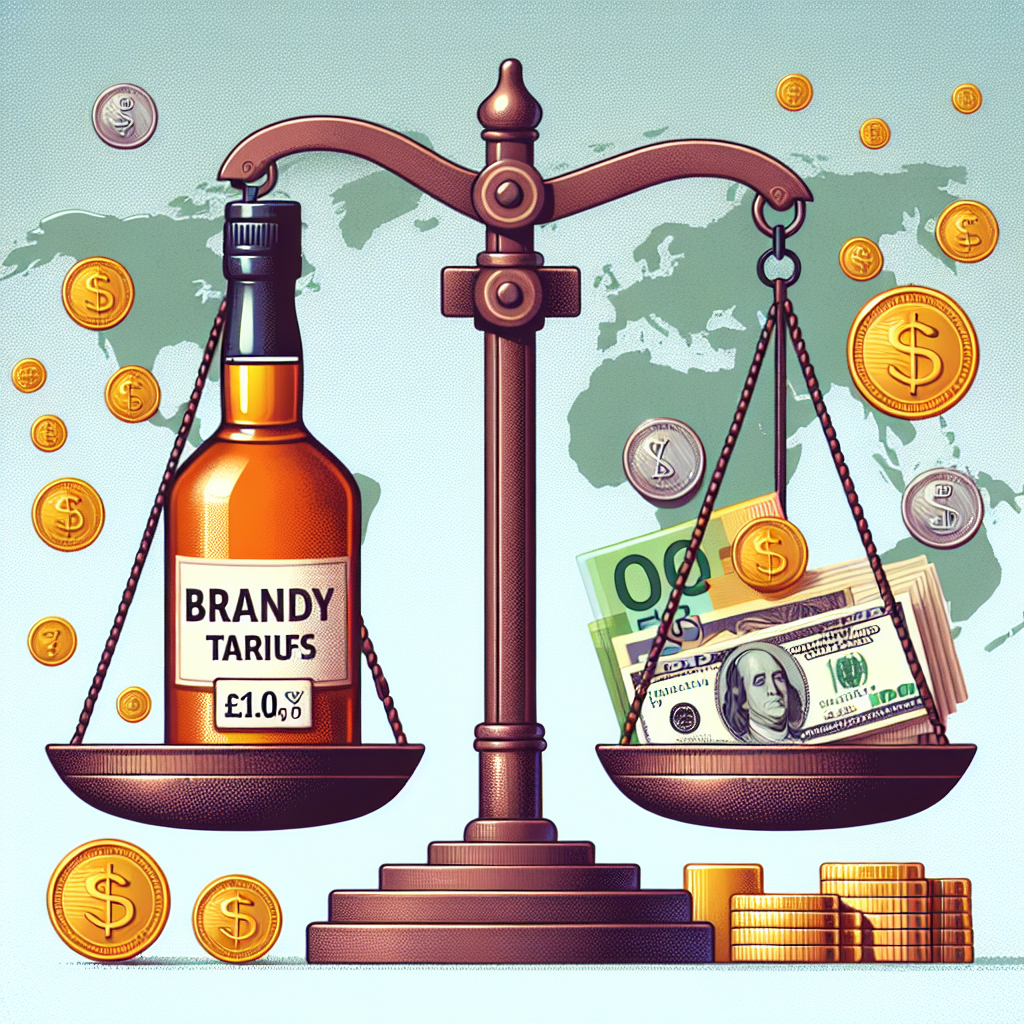Tariff Tensions: Markets Tumble on Global Economic Jitters
The anticipation of less severe U.S. tariffs initially spurred investor optimism, leading to a brief stock rally. However, continued uncertainty about trade policies, especially impending tariffs from the U.S., has caused financial markets globally to waver. Asian stocks rose then faltered, with U.S. and European futures showing declines.

Investor optimism sparked by the anticipation of less severe U.S. tariffs has been short-lived, as global markets experience renewed uncertainty. This nervousness stems from U.S. President Donald Trump's tariff actions, including the upcoming automobile tariffs and secondary tariffs on nations dealing with Venezuela.
Market fluctuations reflect the fear of a trade war, with potential implications for the global economy and corporate profits. Asian markets, initially buoyed by hopes of tariff negotiations, began to falter and were mirrored by decline signals from U.S. and European futures.
The uncertainty was highlighted by the Indonesian rupiah's plunge to its lowest since the late 1990s, exacerbated by fears over the country's fiscal policies. As global investors brace for upcoming economic developments, such as Germany's business climate survey, tariffs remain a pivotal issue impacting market stability.
(With inputs from agencies.)









